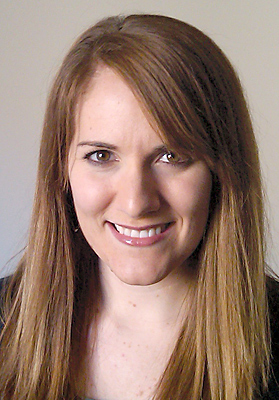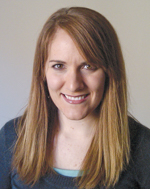
I have one domestic skill — Tollhouse cookies. I don’t know why mine are different, but they’re kind of legendary. They’ve helped me obtain trucks and manpower when I moved, forgiveness from the maintenance staff when the youth group left pizza that molded over the weekend, and marriage proposals from friends and strangers of all ages. It’s my go-to.
Hold out a plate of chocolate chip cookies still a little warm from the oven and hands react before the brain even knows what’s going on. One may say “I shouldn’t …” but his or her mouth is full before the sentence is finished. It’s an irresistible force of nature.
No one has ever looked at cookies and said, “Oh, do those have baking soda in them? I don’t like baking soda. I don’t think I’ll like those.” Or, “You used eggs, didn’t you? My mom used to make me eat eggs and now I hate them.”
Judging a gooey chocolate chip cookie baked to golden perfection on its individual ingredients would be crazy. Most people don’t like flour on its own, but when you combine it with eggs, butter, sugar, baking soda, a pinch of salt and a bag of semi-sweet morsels, who could say no?
Judging a cookie on its individual ingredients is absurd, and yet I often hear this line of reasoning used when people talk about the church. “I could never even consider the Catholic Church. I disagree with their teachings on …”
Fill in the blank with whatever the issue of the day is: abortion, baptism of infants, purgatory, you name it. People look at individual doctrines and get turned off.
It’s legitimate — our faith is an organic, unified entity and when you examine doctrines independent of each other, it can just seem like a lot of good or even strange ideas.
The problem with taking each doctrine individually is that this is overlooking the truth, which is Christ.
Christian band Tenth Avenue North poetically states, “You came to touch the hardness of our hearts, you gave us truth, the truth is who you are… Emmanuel, God with us.”
We first put our faith in God, who cannot deceive, and in His Son who is love. Then we move onto what the Catechism of the Catholic Church describes as “the totality of God’s plan and the mysteries of faith, of their connection with each other and with Christ, the center of the revealed mystery.” (158)
We like cookies, regardless of our feelings towards vanilla extract, because when we experience all the ingredients together it’s delicious. Similarly, we don’t put our faith in individual ideas or singular doctrine. We first put our faith in God, in His Son, and then honestly examine what Jesus taught — in both tradition and the Scriptures that emerged from that tradition.
There is a logic and beauty to the Catholic faith when understood as a whole, and while we may struggle with individual doctrines, we do so with faith that it is what Christ taught.
Our task is to use our mind and heart to seek to understand the God who created us, not create a god in our mind who looks just like us.
Alison Griswold is the youth director at St. Francis by the Sea Church on Hilton Head Island. She writes “Team Catholic” for The Miscellany.

